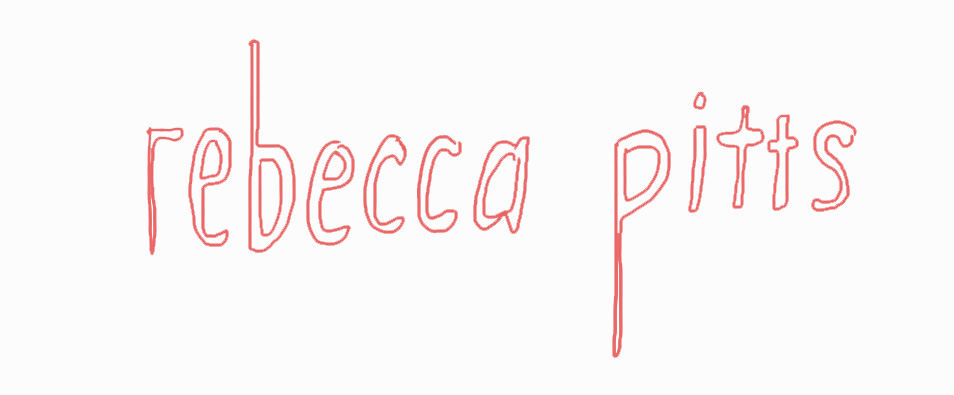I love reading books about writing, from the history of children’s literature to very practical business management guides, to anything on overcoming resistance to making art. Here are a few of my all-time favorite titles:
The 6 Figure Freelancing by Kelly James Enger
I picked this one up after I made my first freelance writing sale, because I didn’t know what I was doing. I’m sure there’s someone who has written a book that is a bit more current, but this one really does cover it all, including: balancing your workload, what to do and write to editors after getting a rejection (this will happen a lot), how to find sources and conduct interviews, and how to find an agent.
The Art of Slow Writing by Louise DiSalvo
I slow-read the Art of Slow Writing through the slow, slow summer when parenting eclipsed any possibility of a committed creative practice. Louise DeSalvo’s advice is rather simple: focus on process versus product. Do the work, bird by bird. Heck, enjoy the work. Acknowledge that editing your manuscript for the twelfth time is as essential as getting out that first draft. It’s all writing. And this: "Should I write today? Take a weekend off? Work in the morning or afternoon? Am I using being sick as an excuse to not write? ... How did I I become a writer who's comfortable making scores is complicated choices each day of my writing life? I simply decided to practice deciding. ... In writing, it doesn't matter what you choose to do, it only matters that you choose to do something."
The Writer's Market
The essays in this volume are great for the newish writer who is looking to fill in the gaps in her business knowledge. There are a ton of listings for agents, submission guidelines for publications, and grants. In the latest edition, you'll find help with writing a query letter, how to secure funding and grants, and even guidelines for knowing how much to charge for your work. (My article, Email Newsletters for Writers, appears in The Writer’s Market 2018 and The Writer’s Market 2019.)
The Children’s Writer’s & Illustrator’s Market
Like the Writer’s Market, but for the kid-lit world. Creating compelling characters, settings, and plot — the essays in this compendium dig into the nuts and bolts of crafting for kids. There’s a business section, too, covering topics such as finding an agent, finding money, and finding followers. The listings follow the same format as The Writer’s Market.
Children's Picturebooks: The Art of Visual Storytelling by Martin Salisbury & Morag Styles
Salisbury & Styles have elevated the picture book form to a true work of art—a hybrid of graphic design, illustration, poetry and narrative. A wonderful entry into the world of picture books, for those of us who missed the 101 survey in school. International and historic in scope, this volume is a springboard for book makers, librarians, educators, artists and editors who live in the world of picture books (or want to). The chapter devoted to the Children's Publishing Industry is particularly helpful, including the case studies from publishing perspectives.
Making a Literary Life by Carolyn See
Making a Literary Life is that type of book that makes you want to befriend its author. Carolyn See is self-described as decidedly not Northeastern or a New Yorker; nor is she a male Writer with a capital W. But she’s made it — a literary life, that is. Some of her processes are seemingly obvious, but as someone in it, it makes sense to understand the path one takes to writing a book: pitch some freelance articles. Then, use those writing clips to attach to your manuscript or proposal to find an agent. One of her key strategies for the rest of the world — you know, those of us who don’t live in Manhattan or know four literary agents — is to send these delightful little notes in the mail on real, beautiful stationery to real people who are making a literary life themselves (and don’t have a clue as to who you are). There are rules to this analog, darling idea, of course: for starters, don’t ask for anything. Compliment their work. Keep it simple. You’re sprinkling glitter in the world, after all. Her point is basically this: you, too, can have this career. If you really want it, that is.










